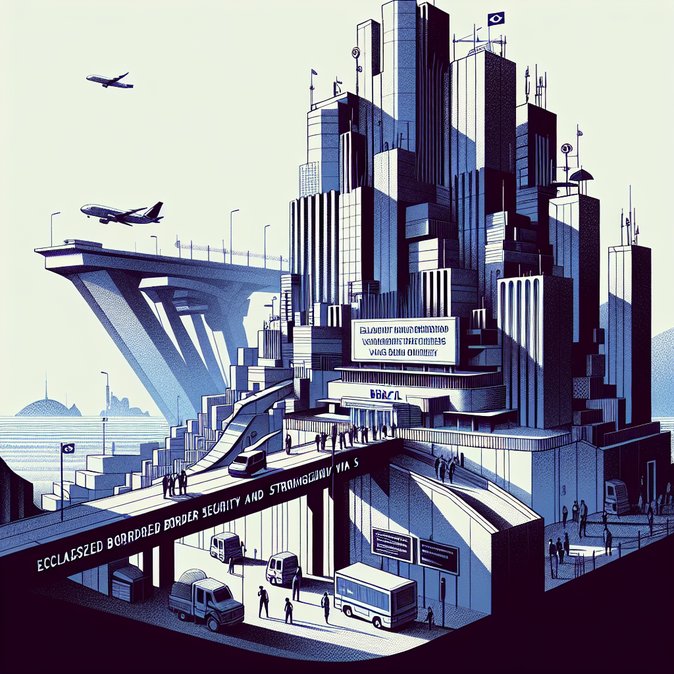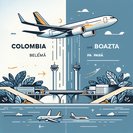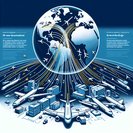
Canada’s Department of Global Affairs quietly upgraded its travel advisory for Brazil on 2 November 2025, grouping the country with Mexico, Costa Rica, El Salvador, France and Honduras on a list of destinations that now warrant “increased caution.” The notice warns Canadian citizens to expect tougher border checks, longer visa-processing times and possible last-minute itinerary disruptions when entering Brazil. Canadian officials link the move to an overall tightening of frontier security across South America and a sharp rise in organised-crime activity along Brazil’s 17,000-kilometre land border.
Why now? Brasília has stepped-up land-border patrols since mid-2025, deploying additional Federal Police and army units in the Amazon region and along the so-called “triple-frontier” with Argentina and Paraguay. At the same time, Brazil reinstated a reciprocity-based visa requirement for Canadian visitors in April, ending the unilateral waiver introduced in 2019. According to Canadian consular data, visa wait-times have doubled since July, now averaging 35 calendar days.
![Canada issues heightened travel advisory for Brazil amid stricter border and visa controls]()
Business-travel impact: Mobility managers say the advisory will force companies to build extra lead-time into travel requests and think twice before routing executives through secondary land crossings with neighbouring countries. Firms moving expats into São Paulo or Rio report that background-check documentation is being scrutinised more closely and that Brazilian border officers are asking to see confirmed return tickets and proof of accommodation more frequently.
Practical tips:
• Apply for Brazilian visas at least six weeks in advance and monitor application status daily.
• Carry hard copies of corporate invitation letters and hotel bookings to speed airport immigration.
• Avoid overland crossings near Bolivia, Venezuela and Paraguay unless absolutely necessary; air arrivals face far fewer delays.
Larger picture: Brazil’s new posture mirrors a global hardening of borders as major economies—from the United States to the EU—tighten entry screening. For Canadian multinationals, the message is clear: allow more time, budget for possible itinerary changes and brief travellers thoroughly on security precautions.
Why now? Brasília has stepped-up land-border patrols since mid-2025, deploying additional Federal Police and army units in the Amazon region and along the so-called “triple-frontier” with Argentina and Paraguay. At the same time, Brazil reinstated a reciprocity-based visa requirement for Canadian visitors in April, ending the unilateral waiver introduced in 2019. According to Canadian consular data, visa wait-times have doubled since July, now averaging 35 calendar days.

Business-travel impact: Mobility managers say the advisory will force companies to build extra lead-time into travel requests and think twice before routing executives through secondary land crossings with neighbouring countries. Firms moving expats into São Paulo or Rio report that background-check documentation is being scrutinised more closely and that Brazilian border officers are asking to see confirmed return tickets and proof of accommodation more frequently.
Practical tips:
• Apply for Brazilian visas at least six weeks in advance and monitor application status daily.
• Carry hard copies of corporate invitation letters and hotel bookings to speed airport immigration.
• Avoid overland crossings near Bolivia, Venezuela and Paraguay unless absolutely necessary; air arrivals face far fewer delays.
Larger picture: Brazil’s new posture mirrors a global hardening of borders as major economies—from the United States to the EU—tighten entry screening. For Canadian multinationals, the message is clear: allow more time, budget for possible itinerary changes and brief travellers thoroughly on security precautions.











